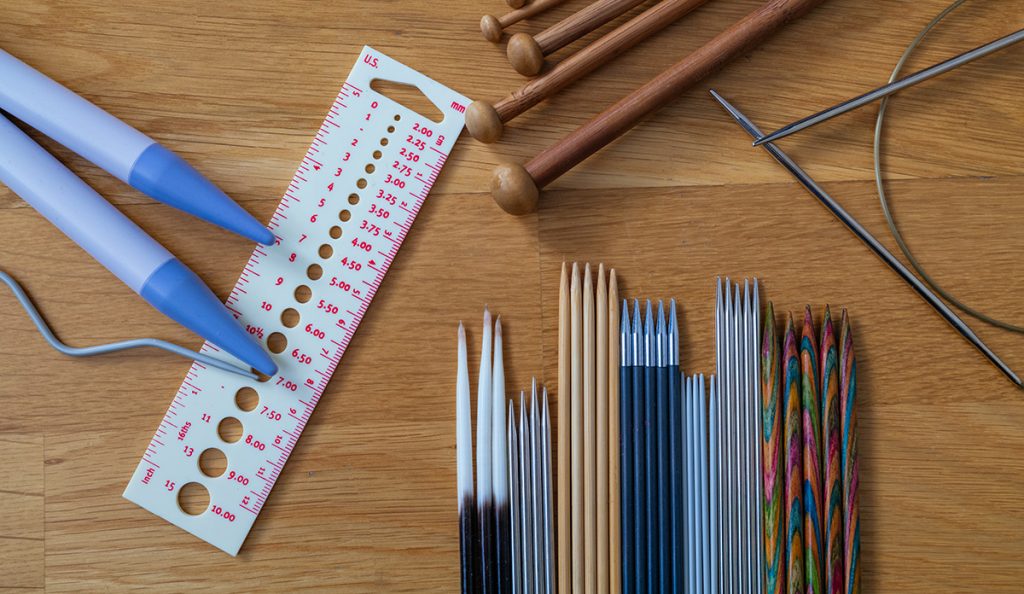
Solving a jigsaw puzzle is a great way to pass the time. This centuries-old hobby not only improves short term memory and visual-spatial reasoning but it is also beneficial for your health. The first step to solving a puzzle is to choose the color. There are eight possible background colors. These include blue and green as well as gray and white. You'll notice a timer as you move through the puzzle. It counts down how long you spent working on it.
Jigsaw puzzles can be a centuries-old pastime
Jigsaw puzzles were originally created by mapmakers to entertain and pass the time. They would mount maps onto a hardwood board, and then cut the pieces using a maquetrysaw. Lithographers became experts in creating solid-wood jigsaw puzzles. America was growing economically at this time, so the jigsaw puzzle became widely accessible. In the 1920s, puzzle-makers began to create a huge market for their puzzles. Each week, they produced more than 10,000,000 jigsaws. This boom was also accompanied by a coronavirus epidemic that kept people indoors long periods. Sales of jigsaw puzzles soared as a result.
Jigsaw puzzles were popularized as educational toys. Advertising began featuring puzzles as the perfect gift for children. A larger share of the market for children's toys was taken over by the toy industry. Puzzles became available for adults in the late 1800s. The rise of the toy business prompted a reassessment on the history of the puzzle. Adults could now purchase jigsaw puzzles in the early 1900s.

They improve short term memory
Despite its popularity, many people don't realize that daily jigsaw puzzles can improve short-term memory. Although they have not been studied for their cognitive benefits specifically, this common leisure activity can increase a variety of cognitive abilities. Research has shown that a 30-day, home-based, jigsaw puzzle therapy, combined with four sessions cognitive health counseling can significantly improve short-term memories.
Jigsaw puzzles are a brain exercise that stimulates both the left side and right. It improves short-term memory, problem-solving skills, and your ability to remember things quickly. This mental exercise can improve your attention span. Even Bill Gates, the founder of Microsoft, is a puzzle fanatic and says that he gets a lot of satisfaction out of it. Jigsaw puzzles allow young children to see the larger picture and recognize patterns and shapes.
They improve visual-spatial reasoning
Jigsaw puzzles can improve the visual-spatial reasoning abilities of a person. University of California, Berkeley conducted a study that found that solving a jigsaw puzzle each day is significantly related to visual-spatial reasoning improvement. Both men and women may benefit from solving jigsaw puzzles, according to the researchers.
Jigsaws puzzles can help with stress reduction and visual-spatial reasoning. They can help you reset your perspective and clear your mind. They improve attention and concentration. Jigsaw puzzles may also be solved in an unplanned manner, which reduces stress. Jigsaw puzzles do not require too much concentration. This is great for those who struggle with concentration for long periods.

They improve mental and physical health
Many people don't realize the benefits of doing jigsaw puzzles, but they actually can improve your brain's function. Puzzles stimulate certain brain areas including the frontal and hippocampus. These brain areas are responsible for memory, concentration, motivation, and other functions. In addition, they can lower your blood pressure and increase your brain's production of dopamine.
Researchers have discovered that jigsaws improve brain health, and can even prevent some cognitive problems. It's safe, with no known side effects. However, solving puzzles daily may not be suitable for all people. If you're not sure, it might be a good idea to go with a friend or partner. It is a good idea for friends and family members to join you if you aren't sure jigsaws are right for you.
FAQ
What does a hobby really cost?
It costs nothing to start a hobby. If you're serious about it, however, it may take you many years to reach your goals.
But there is one thing that can help you. It's called "passion." If you are passionate about what you do, it will be easier to work hard and make progress.
It is possible to become addicted once you begin putting in the work. This is where the real fun begins. Because you now enjoy what you do and are improving your skills every day. You will likely have seen a significant improvement by the end the year.
It doesn't matter how long it takes. You can just try it. You may be surprised!
Can I make a living from my hobby and earn money?
Many hobbies can bring in extra income.
If you're passionate enough about your hobby, you may decide to sell items related to it.
If you're a collector of stamps, you may be interested in establishing a website to sell them.
You can make extra money without the hassle of buying and selling stamps.
Another option is to start a YouTube channel in which you discuss your hobby.
This allows you to share what is important to you with others, and possibly generate additional revenue through premium content.
Is it possible that you can make a lot of money from your hobby?
Not necessarily.
But if your passion is to start a business, you might be able to make a lot of money.
Let's assume you like cooking. You love healthy food so you open a new restaurant.
You only prepare organic meals from scratch. To cover the labor and ingredients costs, you will charge your customers a small service fee.
As you build your clientele, you eventually hire employees to help you.
You can eventually expand your menu to include vegan and gluten-free dishes.
You've now created a profitable business that allows you to live the life you desire.
This doesn't mean that you have to give up your job.
You could instead run your own restaurant and still hold your 9-5 job.
Statistics
- This 100% accurate personality-analyzing hobby quiz discovers your passion based on your characteristics. (quizexpo.com)
- Almost 80% of people claim to have no hobby. (hobbylark.com)
- I am 100% biologically a woman (discover.hubpages.com)
- Studies show that just six minutes of reading can reduce stress levels by 60 percent. (oberlo.com)
- In comparison, men in the “no humor” condition were refused 84.6% of the time and were only accepted 15.4% of the time. (time.com)
External Links
How To
How to find the right hobby for you
If you ask yourself some questions, you may be able to tell whether your hobby is right for you:
-
Do I enjoy doing it?
-
Does it give me pleasure?
-
Are you interested in continuing this hobby even after your age?
-
Can I do it well?
-
Do I have any ideas?
-
Would I recommend it to other people?
-
It will bring me joy.
-
Will it help me to relax?
-
Is it going to make me feel better?
-
Can it help me to develop skills that I can apply later in my life?
-
Can it help me make new friends?
-
Can I express my creativity through it?
-
Is it possible to learn new skills?
-
It will give me confidence.
-
It will it give me a sense achievement?
-
Will it result in financial success for you?
-
Is it possible to travel with it?
-
Will it let me explore new areas?
-
Will it motivate me to exercise more?
-
It will it motivate me to work harder?
-
It will it motivate you to succeed?
-
What activities will I be required to do?
-
Will it challenge me?
-
It will be entertaining.
-
Will it keep me fit?
-
Can it save money?
-
Will it reduce stress levels?
-
Will it prevent boredom?
-
Will it free up my time?